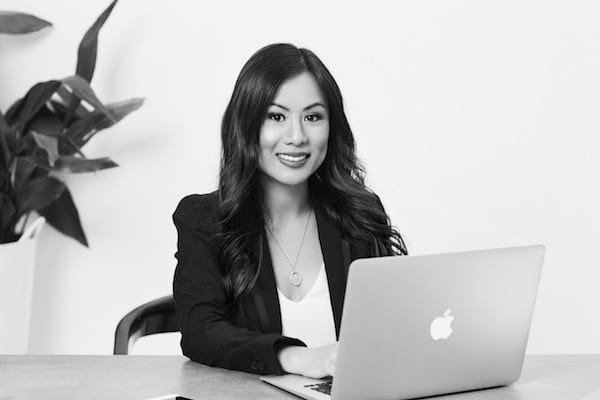A wide variety of voices and perspectives help to challenge the audience to think differently about the topic and also encourages more engaging discussions to occur.
With about a month to go until International Women’s Day, I’ve noticed that the celebrations around this time of year are getting bigger. This can perhaps be attributed to the increasing number of ‘male champions of change’ and the #MeToo movement.
It highlights the need to shine a spotlight on women’s rights and gender-equality across the board, empowering women to speak up against sexism and harassment.
To celebrate how far we’ve come, I’m eager to fill my diary this year with some inspirational events. Events that will challenge my thinking, and give me an opportunity to offer gratitude to the women who fought hard for all of us.
But the problem I see with many IWD events, is that they look a little familiar. The venues may get fancier to attract corporate sponsors, but the line-ups are too often far from diverse. You tend to see the same career narrative presented: often from white middle class women, with backgrounds in journalism or TV.
I’m in no way downplaying the achievements of the speakers and panellists – but it doesn’t exactly reflect society’s broader career-pool and life experiences. An event where we are meant to celebrate all women’s progress and achievements, can quickly become a celebration of white, able-bodied, heterosexual, middle-class women’s experiences.
This, of course, shouldn’t be the only experience we consider when it comes to gender equality.
Observing gender-equality through a solo lens, only allows us to see one angle. It excludes a huge percentage of women who have a completely different lived-experience but whose stories are equally valid and critical to a more nuanced conversation. As a society and in the workplace, we must ensure our gender inclusion policies and practices are made with those who can give voice to the lived experiences of all women.
So for this year’s IWD – and all other events – if you are speaking, organising or attending an event, make sure the event captures a wide variety of voices for a meaningful celebration. Here are some tips to consider:
As a speaker
If you’ve been asked to participate or moderate a panel, enquire about the other panellists or speakers and let them know you expect diversity to be represented. Decline the invitation if you are going to be one of many others representing the same perspective.
As an event organiser
Look for speakers far beyond your personal network – invite speakers one to two degrees separated from you. You can find these individuals by asking your network for experts whose voices are typically underrepresented in the topic area. LinkedIn is a great forum to ask for recommendations.
Give yourself enough time and support – forming panels can take time and takes a lot of preparation. That’s why many default to who they know and play it safe which is why we typically see the same people.
Invite underrepresented individuals first – often a diverse panellist or speaker is an afterthought. To ensure a variety of perspectives, you may have to invite more than you think necessary to account for drop-outs.
Consider accessibility – Ask attendees to advise of any accessibility requirements when registering, so these adjustments can be accommodated. The Australian Network on Disability has a helpful event accessibility checklist here.
Offer training and other participation support – some of your panellists and speakers may have never participated in an event like this before. Provide them with all the information and preparation necessary for the success of the event. This could include the agenda, anticipated audience and facilities; including whether there will be a projector, autocue and lectern, etc.
As an attendee:
Actively listen to the diverse perspectives on a panel: Even if you don’t agree with them. We can become better listeners and benefit from diverse voices.
Not all diversity is visible: If you find yourself attending a panel that doesn’t appear diverse, listen with an open mind. Not all diversity is visible to the eye.
Challenge the status quo. If you find yourself at a panel where a single point of view is being expressed and reinforced, point this out during the panel and provide your additional viewpoints. Follow up with the event organisers with this list of tips for how to organise diverse panels or rosters of keynote speakers.


